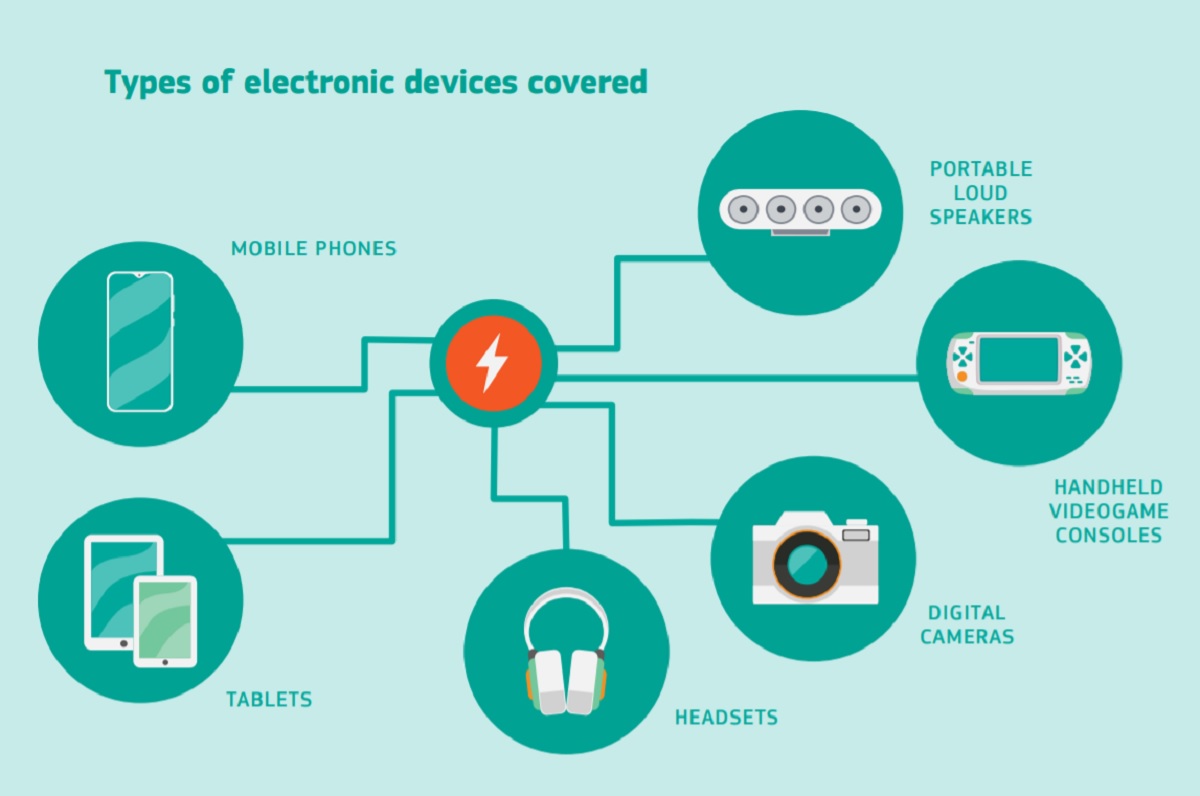The European Union’s European Commission is trying to put an end to proprietary charging ports on electronic devices. This week, the Commission proposed a revised Radio Equipment Directive, making USB-C the new standard port for smartphones, tablets, cameras, headphones, portable speakers, and handheld videogame consoles. Considering most electronic companies have already made the move to USB-C, this legislation will likely most heavily impact Apple.
In 2009, every major player in the mobile industry backed the European Commission’s phone charger standard. More than a decade later, the number of phone chargers on the market has dropped from 30 to just 3. Nevertheless, they still couldn’t establish a universal standard.
Europe wants to make USB-C the standard

“European consumers were frustrated long enough about incompatible chargers piling up in their drawers,” said European Commission executive vice president Margrethe Vestager in a press release on Thursday. “We gave industry plenty of time to come up with their own solutions, now time is ripe for legislative action for a common charger.”
In order for the new proposal to pass, the European Parliament will have to adopt it. If that happens, technology companies will have 24 months to comply with the law.
Beyond standardizing ports, the proposal also includes a number of additional rules. For example, the Commission will require companies to “harmonize” fast-charging speeds. This will help to ensure that companies can’t limit charging speeds. Additionally, they will unbundle chargers from electronics. This will reduce the production of chargers and eliminate around 1000 pounds of electronic waste. Finally, device makers will have to provide relevant information about charging performance. This will let them know if they need to buy a new charger or if their current charger is compatible.
Apple doesn’t want to switch to USB-C
At this point, nearly every major smartphone brand uses USB-C ports on their phones. Apple is one of the few outliers as it continues to put proprietary Lightning ports on all of its mobile phones. Apple has begun to shift to USB-C on other devices, including many of its recent iPad and MacBook models. Meanwhile, the iPhone 13 once again has a Lightning port. Unsurprisingly, Apple is not pleased with a proposal that will predominately affect its most profitable product line.
“We remain concerned that strict regulation mandating just one type of connector stifles innovation rather than encouraging it, which in turn will harm consumers in Europe and around the world,” said Apple in a statement regarding the proposal from the European Commission.








